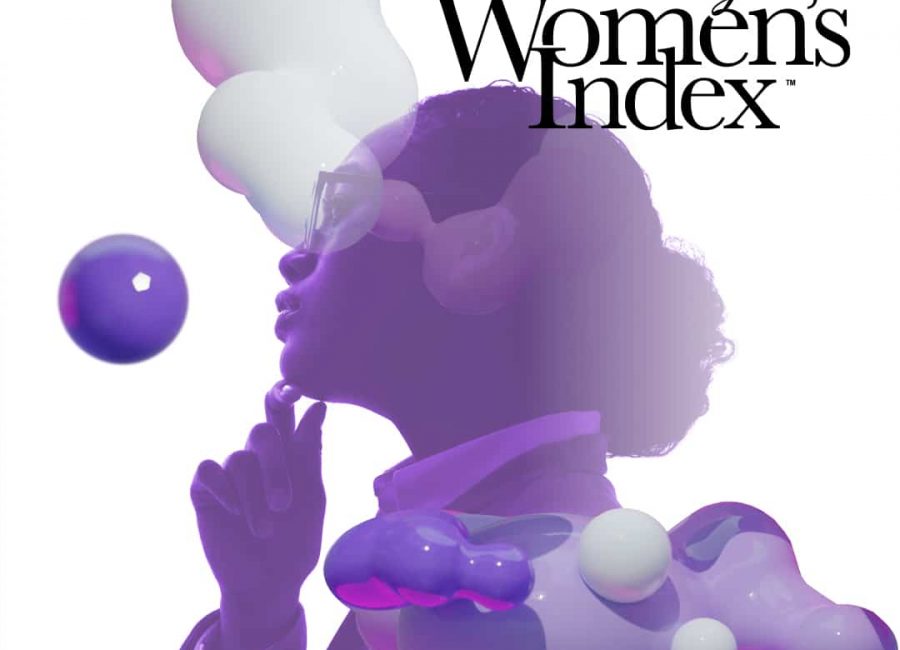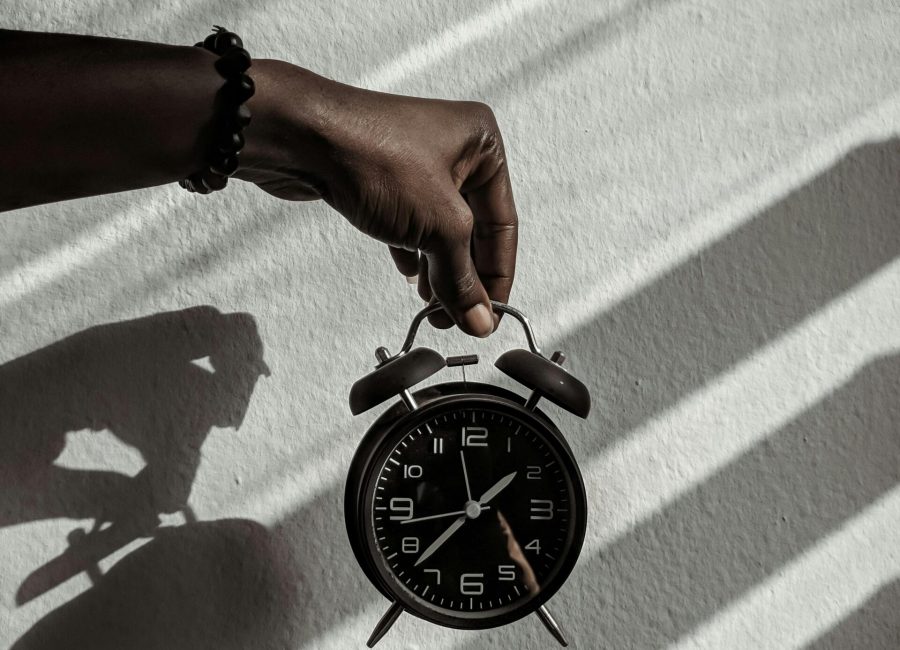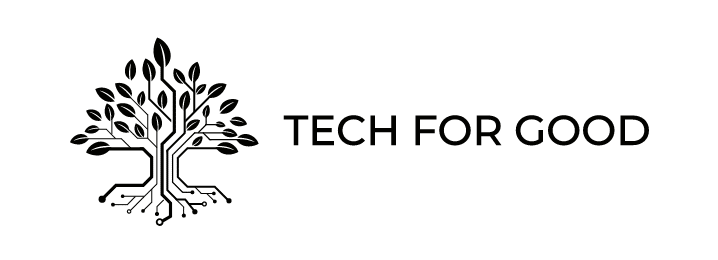In the decades to come, Australian women stand to inherit the bulk of intergenerational wealth, into the trillions of dollars. But when it comes to controlling money now, something is holding many back.
We know that many Australian women are already financially independent. Research shows that gender pay gaps, while still present, are slowly shrinking, while more women are becoming the main or equal breadwinners of the family home.
But despite this, there are many factors holding women back, from business to society and cultural issues.
We ask Wadzanai Nenzou social entrepreneur Herconomics what’s happening and how she sees it.
“Before coming to Australia, I remember living in Zimbabwe observing my surroundings and noticing the gender inequalities I have been passionate about gender equality and how women’s economic empowerment plays a role in that,” she says.
“I remember seeing female relatives being forced to go back to abusive husbands because of lack of economic empowerment and it broke my heart and made me determined to play my part to change this.
“A lot of women I have talked to personally find the Australian financial services industry very male centric.
“Many women also find the thought of money intimidating and overwhelming and prefer to push issues to the side instead of facing them.”
What personality traits work against us?
“Perfectionists would find it difficult asking others for help as they are afraid of failure and making mistakes.
“They believe things have to be perfect therefore having any issues with money is not something they would be happy to share with anyone.
“Caregiving types would also find it hard to seek help. They feel shame asking for help as they believe they should be helping others instead.”
What types of women find it toughest getting help
“It is a challenge for women in general to be financially independent but migrant women have extra factors that hold them back.
“It is very tough to come into a new country, learn how the economic system works and gain the training and knowledge required to truly thrive financially.”
What factors are holding them back?
“Systemic racism in the job market, in business funding decisions and in the education sphere plays a part in limiting migrant women’s opportunities.
“Cultural factors where they are expected to do most of the unpaid care work also limit their financial independence.
“Lack of relevant vocational training is another impediment for many women in this group.
“I would add that lack of networks in their new country also plays a huge role. Having a wide diverse range of networks makes financial independence easier.
“This is something that affects migrant women a lot more than mainstream population with family and deep connections over generations.”
How can we all better support women around money?
“Society can do away with gender roles and allow women more time to earn money to begin with.
“There is need for more men to share the load when it comes to unpaid care work so that women are not disadvantaged.
“Businesses can make sure they follow policies that do not discriminate women in work and in business for instance do away with the gender pay gap.
“They can also offer programs that increase career advancement and leadership advancement for women.
“Companies can also play a role in financial literacy education of their employees.
“Government have to make sure gender discrimination policies are being followed by relevant organisations and companies,” said Ms Nenzou.
















